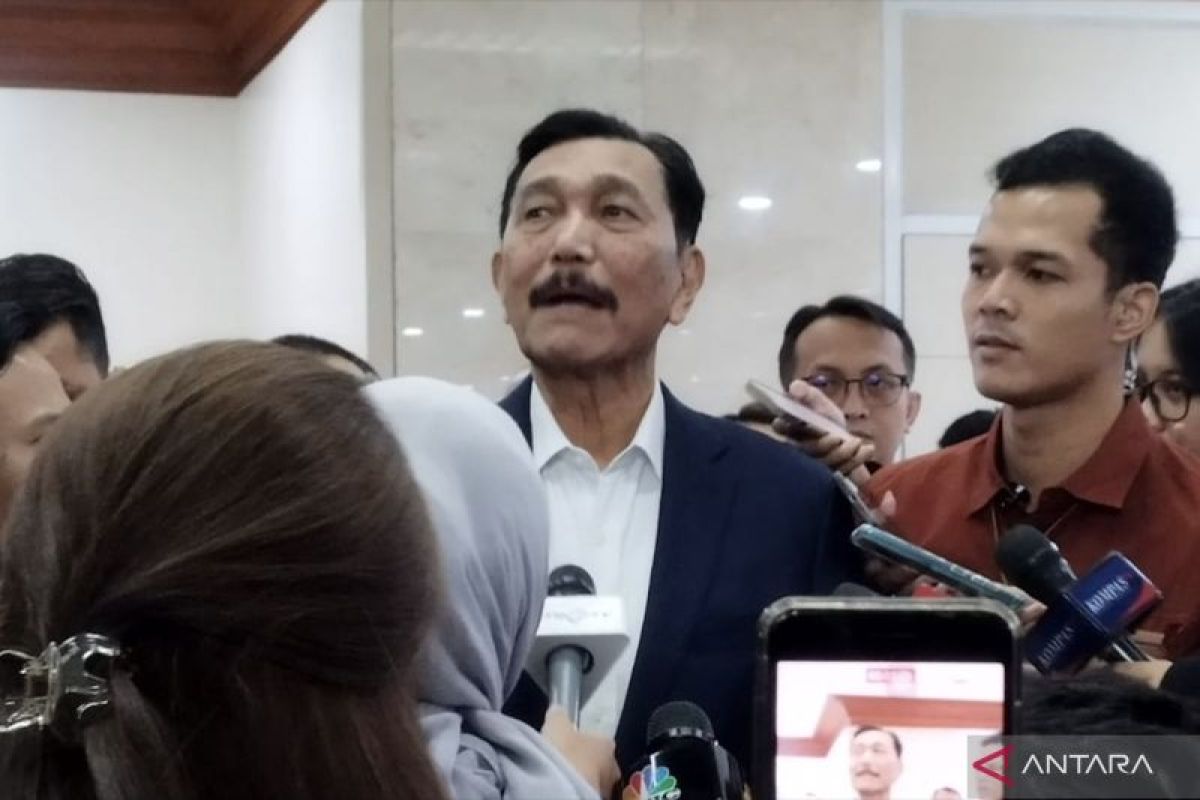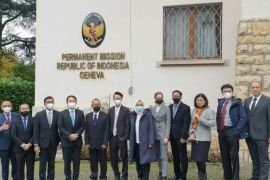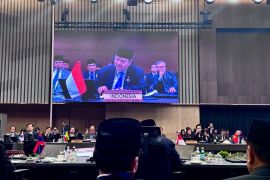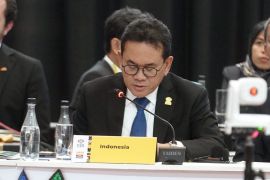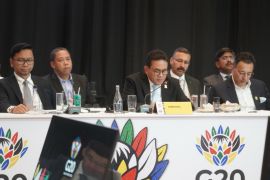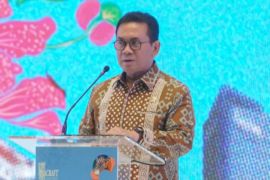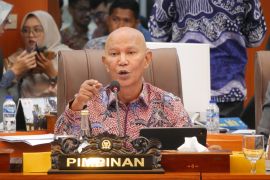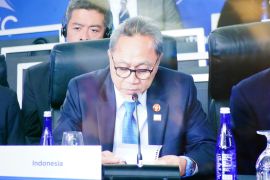"The European Union starts to recognize our rights in banning nickel ore exports," he remarked after a meeting with the Budget Committee of the Indonesian House of Representatives (DPR RI) on Wednesday.
Luhut said that his team had negotiated with the EU on the international organization's lawsuit at the World Trade Organization (WTO) regarding the ban on Indonesian nickel exports.
"Our team and the EU have negotiated, and they are willing to negotiate our ban on nickel ore exports," he remarked.
Apart from the recognition of the banning of nickel ore exports, the EU requested that Indonesia not prohibit the exports of nickel derivatives, such as precursors.
“We are not prohibiting precursor exports. I said (to the EU), 'We have the right to supply. You cannot dictate to us'," Luhut emphasized.
He explained that Indonesia has banned nickel ore exports as part of its goals to develop the domestic nickel downstream industry. The added value from processing nickel ore into stainless steel would bring high added value to the country.
He also emphasized his ambition to make Indonesia a determinant of nickel prices around the world.
Indonesia was declared defeated in the EU's lawsuit at the WTO in October 2022. The lawsuit was related to the ban on the export of raw minerals, especially nickel, which was set to take effect on January 1, 2020.
Indonesia was declared defeated due to its downstream industry, which was considered immature by the WTO.
According to the organization, a country that prohibits the export of a commodity must have a truly developed industry, while Indonesia is considered to have not achieved this capability.
President Joko Widodo then firmly requested to continue fighting the EU's lawsuit over the nickel downstream policy.
Related news: Likely to lose appeal against WTO nickel ruling: Widodo
Related news: Nickel Industries pledges to support environmental sustainability
Translator: Putu Indah S, Resinta Sulistiyandari
Editor: Anton Santoso
Copyright © ANTARA 2024
